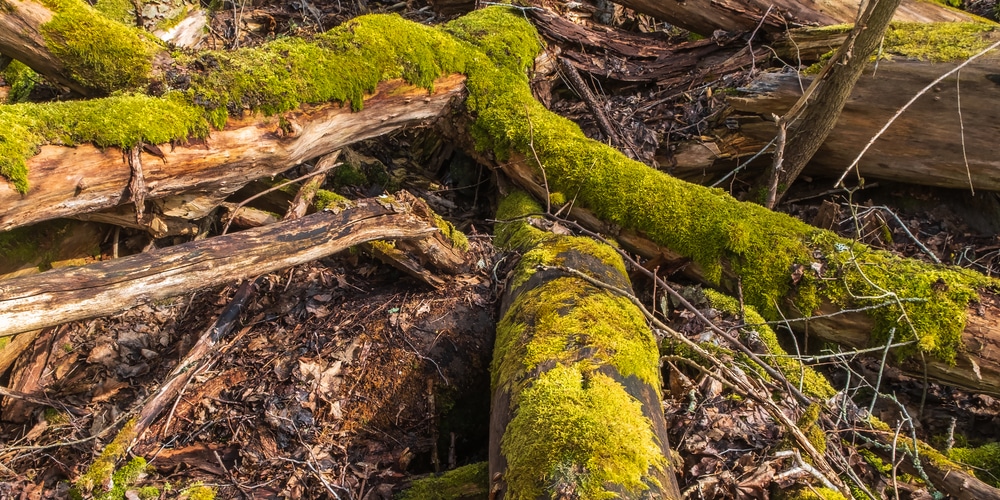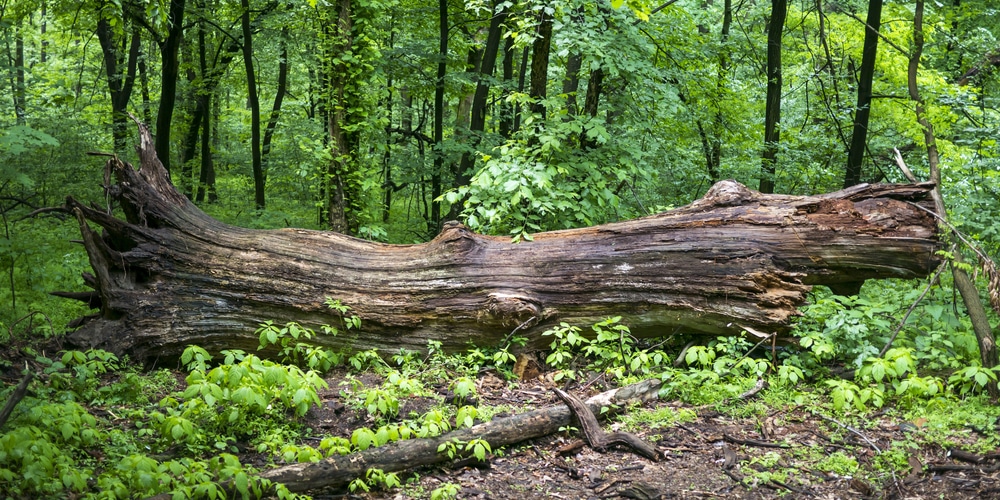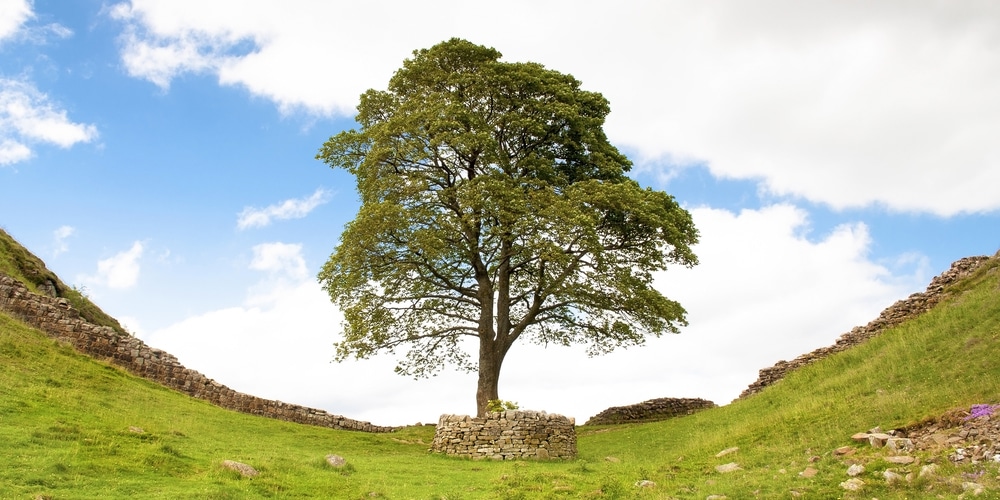Have you ever stopped to think about what happens to a tree when it dies?How long does it take for trees to decompose? Or better, have you ever wondered how long it takes for a tree to vanish after it falls?
If you have, you have landed in the right place. And if you haven’t, you might find the information here stimulating!
After all, when we walk around forests, we usually focus on the living trees. And there is nothing wrong with that: they can be gorgeous to admire! But that means that we rarely look on the ground, where relatively unknown habitats develop.
Read on to explore more about decomposing trees and their impact on the environment. You might find this information worth sharing because there is a lot to know about trees!
Decomposing Trees: All You Should Know

So, let’s go straight to the core of the question. How long does it take trees to decompose? Scientists believe that it depends on the type of tree. For instance, it might take between 200 and 300 years of a pine tree to disappear from the forest or as “little” as 50 years for spruce.
Such a difference depends on the substances that form a particular tree. For instance, species with high resin content that protects them will take longer. That is because fungi and insects won’t be able to work on them as quickly as they would on trees with less resin.
Also, the climate seems to have an impact. Trees in wetter areas seem to decompose faster than those in dryer regions. Besides the weather conditions and the type of the tree, another factor that affects the time it takes for a tree to decompose is its size. As you may expect, shorter segments break down faster than longer ones.
So you can expect a tree to decompose between 50 and 200 years. But what happens during the decomposition process? You can find more information in the following sections! The good news is that a dying tree doesn’t mean the end of the forest is closer.
Trees fall naturally or due to extreme weather. But in either case, a falling tree means new life coming out of it. For instance, fungi flourish on dead wood, and young plants will grow on the tree’s bark (even if not alive, it is still rich in nutrients!).
Some animals may also use their structures as shelter (as long as they are available).
How Does A Tree Decompose?
Of course, the decomposition process doesn’t happen in one day. Instead, it takes time, sometimes up to a century or more, and consists of five stages of decay. Thanks to years of studies, scientists have identified the different steps that lead a fallen tree to a heavily decomposed one.
Fungi and larvae love eating dry wood, and they are the main protagonist in the decomposition process. When a tree dies, such organisms will speed its decay by feasting on it. Fungi will find their way into the decaying wood using their spores.
Some might inhabit the tree from before it dies and become active later. Others might form symbiotic relationships with the trees and protect them from parasitic species and get the “best spots” on the dry wood once it falls. Fungi will release enzymes that allow them to feed on the wood while breaking it down.
Also, wood-eating insects such as ants, beetles, and bugs won’t hesitate to enjoy extra nourishment from a dead tree. But this happens as the decay advances. Such organisms will feed on the decaying matter and expose the wood to increased moisture, which will speed up the decomposition.
While bark will go away pretty fast (with the help of these creatures), the durable lignin might take a while. It will remain in the soil long after the tree vanishes and help other species find nutrients. Indeed, as soon as the rotten wood mixes with the ground, earthworms and springtails will “finish” the job.
How Long Do Trees Live?
We have talked about how long it takes for a tree to decompose, but how long do they live? The truth is that, once again, the answer depends on their species and their environments.
For instance, some trees, such as the grey birch, might only live 30 to 50 years, while others, such as the bristlecone pine, might live for a thousand years.
Trees can live for hundreds or thousands of years thanks to their ability to produce new tissues while adapting to changing surroundings. However, most will die earlier than that due to injury, diseases, or other extreme weather conditions that they might not survive.
Related Article: How to Stop Small Trees From Growing Back?

